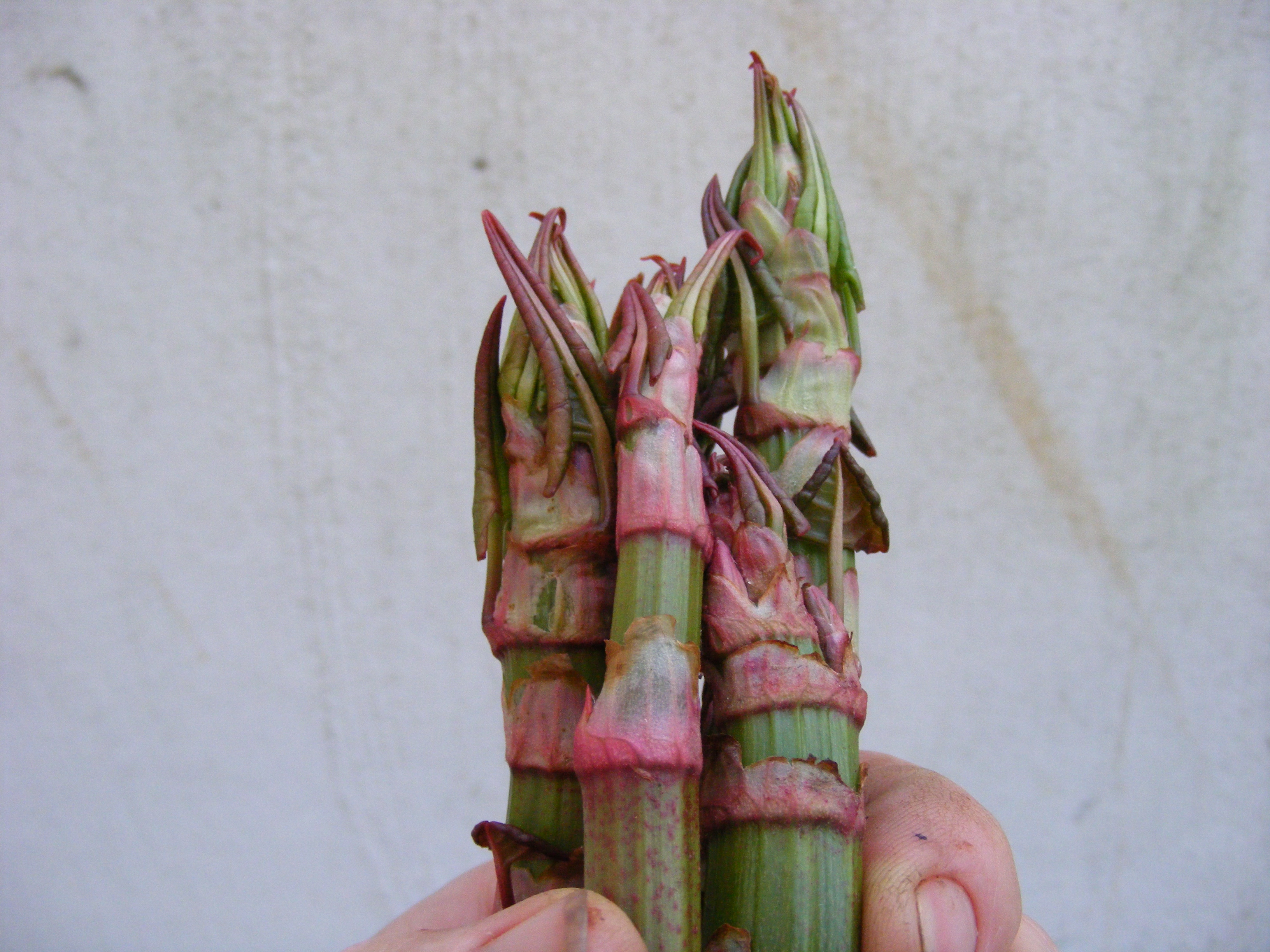I must start this page with a word of warning: the Internet is not your Doctor, asthma attacks can kill. You should talk to a health practitioner before using any of these remedies.
Prevention
My girlfriend suffers from mild asthma and she tells me that, for her, prevention is better than cure. One of her main triggers for an attack is Tartrazine a food colouring chemical that can be found in orange squash. She now avoids this. There are also some alcoholic drinks that contain Tartrazine.
She also avoids going outside unnecessarily if the weather has just changed, especially if it goes from hot to cold. When she is out she makes sure that she has her inhaler on her as panicking can exacerbate her condition.
I must note that these things work for her, other people say that smoky environments can trigger it as can dust, pets and aspirin.
The wrong sort of diet can also be a contributing factor and dairy products seem to be a culprit. According to the BMJ, a baby given milk other than their mother�s in the first four months of their lives is far more likely to develop asthma than a baby fed on breast milk alone. I have also read that milk can aggravate asthma in later life for some, as can sugary and fatty foods. A good diet therefore is essential; try and eat plenty of garlic, onions, green vegetables and salads.
Swimming is also thought to beneficial to the asthma sufferer.
Coffee
I mention in our book (The selfsuficientish Bible) that Coffee can be used in an emergency, the properties in caffeine are similar (in part) to that in an inhaler. 3 cups of strong coffee if you are having an asthma attack and can’t find your inhaler should help.
Herbal Remedies
Most sources that I can find seem to agree that garlic should be taken regularly. Either with meals or as garlic capsules. Personally I eat a lot of garlic, and if any recipe suggests that you use onions then (generally) you can also add a clove or two of crushed garlic. I did read that you can chew two cloves of garlic a day (nice) or even make up a drink using garlic.
Garlic Drink
- 3 heads of garlic
- 600 ml (1 pint) water
- 300 ml (half pint) cider vinegar
- 1 tsp of honey.
Simmer clovers in water for 30 mins. Then add other ingredients until it becomes syrup-like. Drink a shot glass of this a day.
Herbal infusions will also help. Here is a recipe for one.
- 5g Comfrey leaves
- 5g Hyssop
- 5g Coltsfoot
- 5g Chamomile
- 5g Skullcap
Chop and mix the herbs well. Simmer gently for 5 mins in 500 ml (1 pint) of water. Then strain through a coffee filter or fine cloth.
Using the same method as above you might want also try variations including herbs such as echinacea, borage, elecampane, elderflower, peppermint, ginger and thyme. In fact thyme on its own is supposed to be beneficial.
Old Remedies
In 1747 Reverend John Wesley wrote, �A pint of could water every morning and wash the head in cold water and using the cold bath once in two weeks: Or a decoration of liquorice often gives relief; Or half pint of tar water twice a day; or live a fortnight chiefly on boiled carrots. It seldom fails. Tar water it seems is an infusion of the sap from a pine tree with cold water (nice). I am not sure if being down wind of someone who only eats carrots would be particularly pleasant either!
The ironically named John Stoner (1897) recommends using the roots of the skunk cabbage. Pulverise them and give three doses per day until cured. Give at least a does what will lay on the end of a pen knife. From what I can gather this is to be rubbed on the chest.
One of the strangest and cruellest old remedies that I have found is one from Texas. I am unsure of who came up with it or the year – keep a Chihuanhua (breed of dog) nearby and your asthma will go from you to the dog. Apparently you can’t use someone else’s dog either.



Mullein is an excellent weed for lung issues. I was recently diagnosed with ‘adult onset asthma’ and prescribed two inhalers. After a few days, I noticed the inhalers would work for an hour, and after that I was actually worse. I stopped using them, and started using mullein tea and a daily run. This was a multiple better than the inhalers, and didn’t leave me feeling off in any way. I added some nettle to my diet, and I am now completely back to functional breathing again.
The mullein, verbascum thapsus, is a common plant that is both a bronchodialator (instant relief from that feeling of pressure on the lungs), and an excellent expectorant.
Stinging nettle, utrica dioica, is another common weed that, in addition to being very nutritious and loaded with vitamins, is a natural anti-histamine.
I would recommend considering both to anyone having breathing difficulties from asthma, cold, or any other lung issues.
A quick follow up on the mullein – after the teas, I switched to a tincture (mullein leaves cured for six weeks in 40% alcohol). This is much more convenient than brewing the leaves in tea. The leaves have fine hairs that can bother your throat, so you have to either make a tea bag, or brew in a coffee filter. The tincture is easy to make at home (look up ‘simplers method of tincturing’), and gives you a portable dose if you need it.
Another interesting fact: some Native Americans used mullein mixed with tobacco as a medicinal cigarette for lung issues. If you try this, read about it first, and DON’T smoke it dry (unlike the tobacco leaves) – the mullein should still be wet and green, or you’ll choke it up.